How to stop drooling in your sleep: 6 tried and tested tricks from experts
From changing your bedding to face exercises, sleep experts reveal how to stop drooling
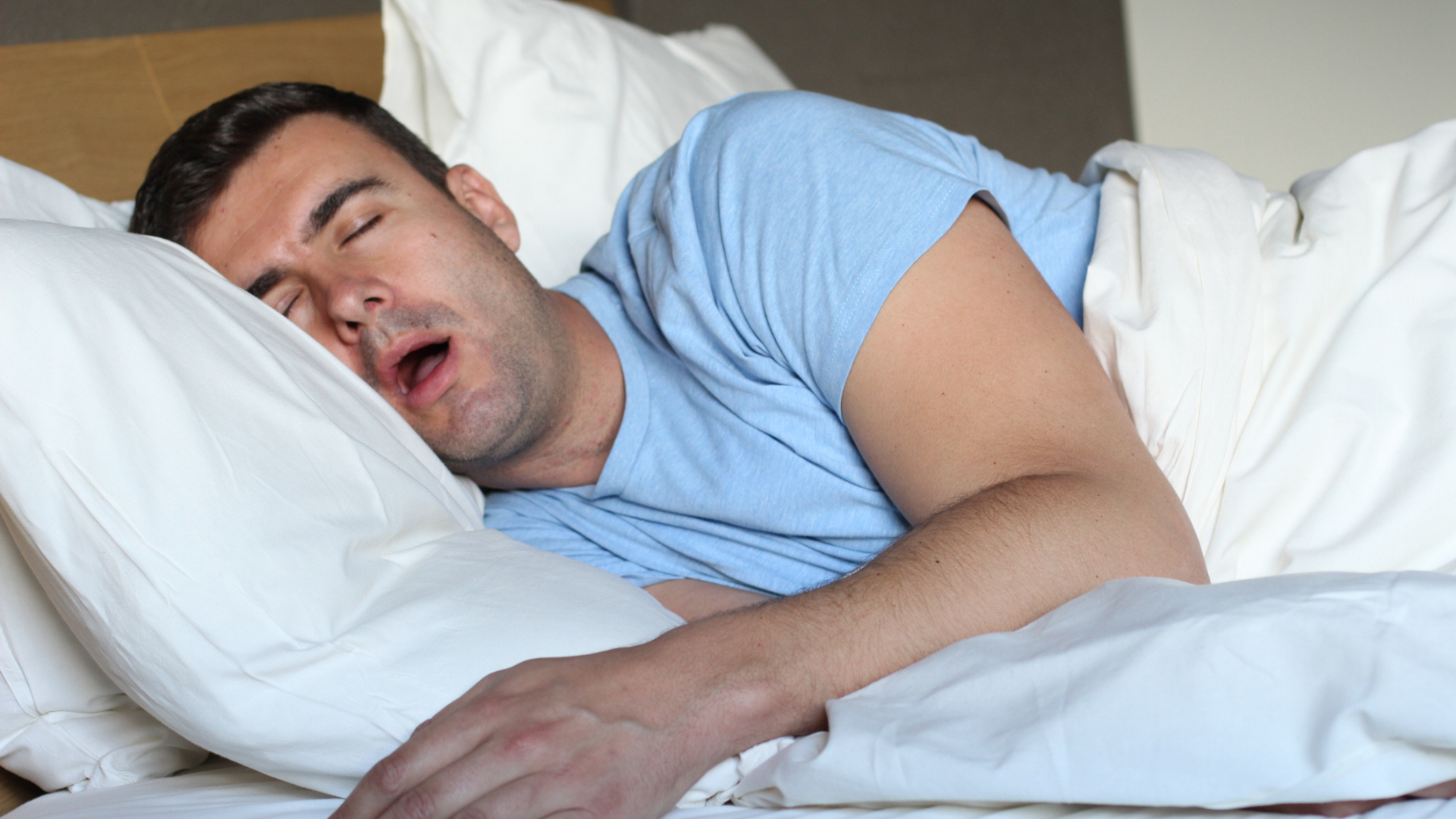
Waking up with saliva on your pillow can not only be embarrassing, especially if you're sleeping in the same bed as a partner, but it can also be an indicator of the quality of the sleep you're getting.
If you can relate you may have wondered how to stop drooling — and also why it’s happening in the first place. There can be many reasons, which are easy to rectify, but it’s about identifying the problem in the first place.
Whether it’s because you’re in the wrong sleeping position or you’re allergic to your duvet cover, we talk to the experts about the tried and tested tricks so you can wake up drool (and embarrassment) free.
Why do people drool in their sleep?
Dr Patel, NHS Doctor and sleep expert, says there are several different reasons why people drool in their sleep. “If you’re taking certain medicines or have a medical condition, you could produce more saliva than you can swallow.”
However, she adds: “We all swallow at least two pints of saliva a day at rest, without even realising it. Some of us also have difficulty swallowing saliva and this can lead to it gathering in the mouth and throat which can cause drooling.”
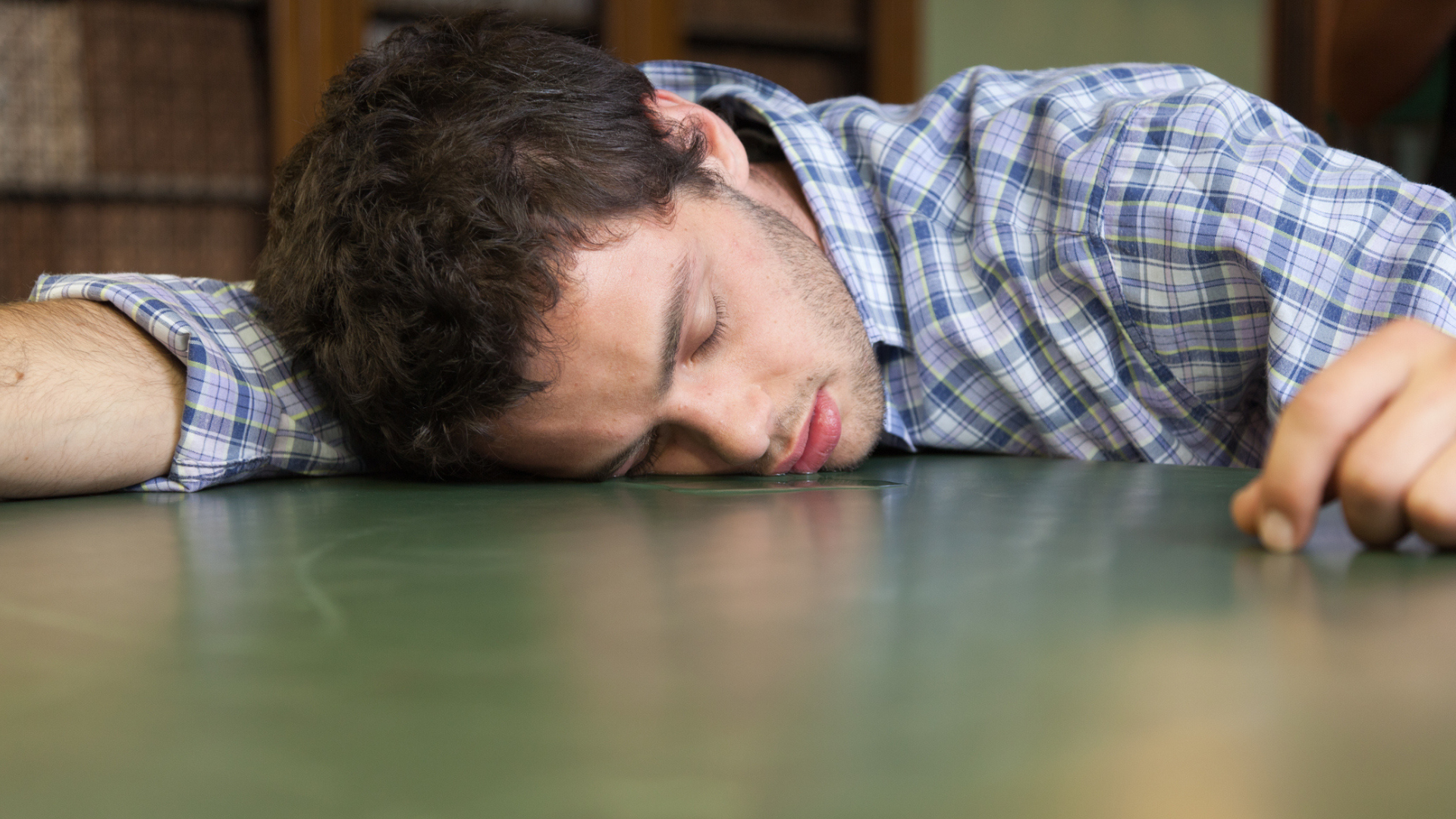
Things like the common cold and even sleep disorders can make you produce more saliva too, resulting in nighttime drool. In rare cases, it could be something more serious, with sleep science coach Jill Zwarensteyn adding: “Certain sleep disorders, such as sleep apnea, as well as some neurological conditions including Parkinson’s, may also increase the likelihood of nighttime drooling.”
If you think this could be the case Zwarensteyn advises you to see a doctor or mental health professional to “check for underlying health concerns related to other physical or neurological conditions."
Get instant access to breaking news, the hottest reviews, great deals and helpful tips.
Your sleeping position can also affect how much you drool: “Side sleepers may experience drooling because saliva spills out of their mouth during the night, while those in other sleeping positions may not have the same issue,” she adds.
6 ways to stop drooling in your sleep
If you keep waking up with saliva on your pillow here are 5 ways to stop drooling in your sleep, backed by experts.
1. Change your sleeping position
You may have a favourite sleeping position, but it may not be working for you if you’re waking up with pools of saliva every morning.
Side sleepers take note as Zwarensteyn explains: “If you sleep on your side or stomach, you are more susceptible to drooling because gravity pools the drool into your mouth and out, unlike if you were a back sleeper where it stays in your mouth and is swallowed.”
If you struggle to sleep on your back, you may want to invest in one of this year's best mattresses designed to suit all sleep needs to make back sleeping more comfortable.
2. Face exercises
“It may seem strange at first but face, throat, and tongue exercises can help to strengthen your muscles around your mouth, helping to prevent saliva from leaking out,” explains Dr Patel.
Some examples of these exercises include filling your cheeks with air and moving the air from one side of the mouth to the other, and puckering your lips, kissing the air, and then letting go.
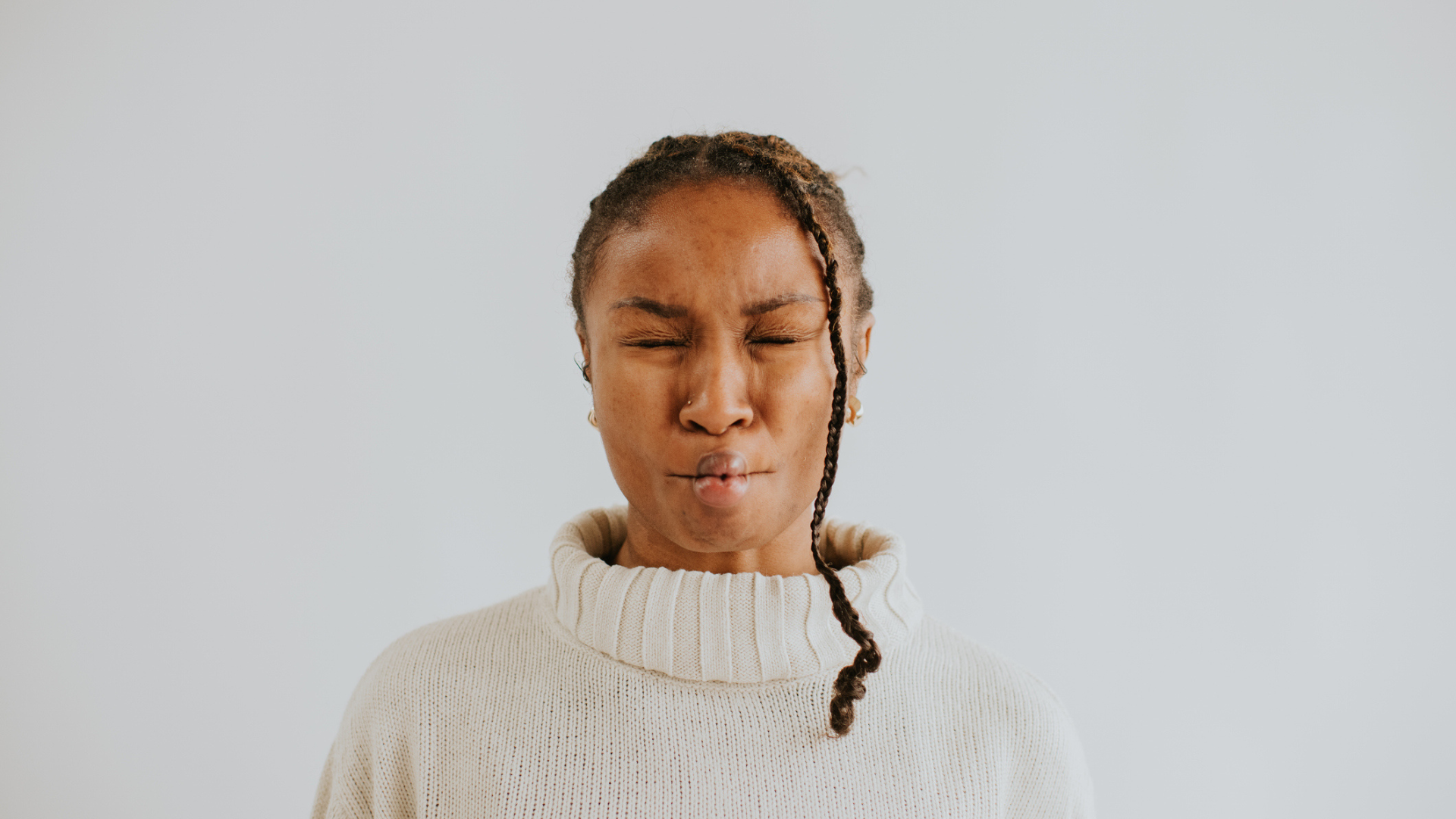
3. Stay hydrated
Health experts claim we should be drinking at least 6–8 glasses of fluid per day, which is about 1.2 liters.
So if you know you’re guilty of not drinking enough water then drink up, as the NHS doctor explains: “Staying hydrated helps keep saliva at a normal consistency which reduces the likelihood of saliva building up. Take small, very frequent sips of fluids throughout the day.”
Buying a humidifier could also help you stay hydrated as you sleep as it’ll keep the air around you more moist.
4. Treat allergies or sinus congestion
Sinus congestion or allergies that irritate your airways can lead to drooling. Zwarensteyn says, “Breathing only from your mouth during sleep makes drooling more common because the saliva comes out of your mouth. Opening your nasal passages should help.”
Some ways to ensure you breath through your nose include tongue positioners that help position the tongue in your mouth — keeping your mouth closed and preventing drooling from pooling onto your pillow, and using a nasal saline spray before bed.
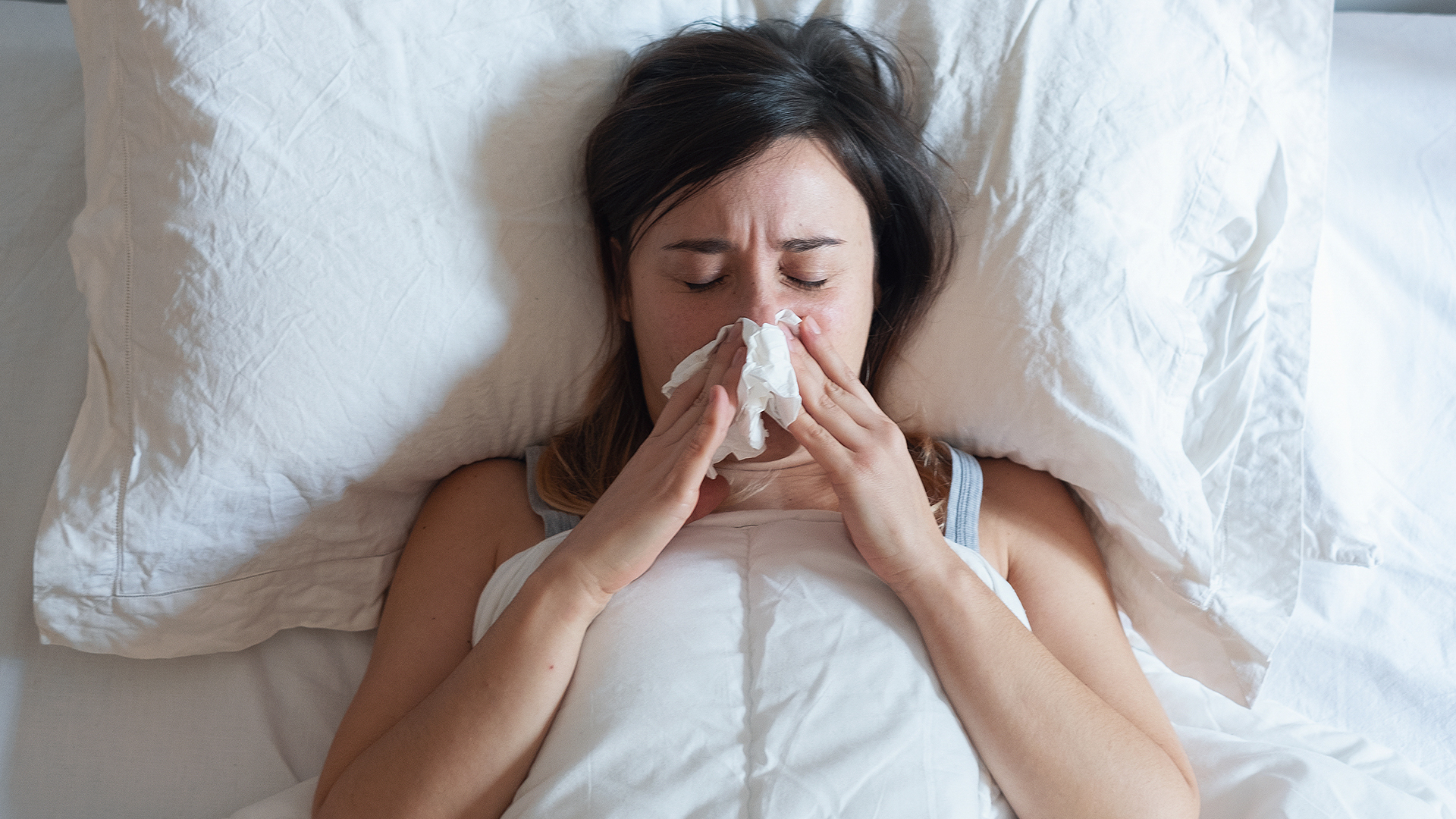
5. Invest in hypoallergenic bedding and sheets
Always get a blocked-up nose as you slip into bed? Zwarensteyn adds that your bedding could be causing allergic reactions and congestion through your airways.
“Some warning signs that you may have allergic congestion from your bedding outside of excess drool may also include swollen or dry itchy eyes, skin irritation on the face or body, nasal congestion, and a sore, scratchy throat.”
Regularly changing your bedsheets, vacuuming your mattress, and investing in hypoallergenic bed sets or even hypoallergenic mattresses can be the solution.
6. Nasal strips
If you are suffering from allergies or have a cold, nasal strips could help to open your airways: “Nasal and mouth snoring, and subsequent drooling, mostly occurs as a result of congestion in the nasal passage. Saline nasal rinses or nasal strips can help to clear blocked nasal passages to reduce drooling,” explains Dr Patel.
These are a quick, effective, and easy solution to ensure you’re breathing through your nose at night, preventing drool from escaping your mouth.
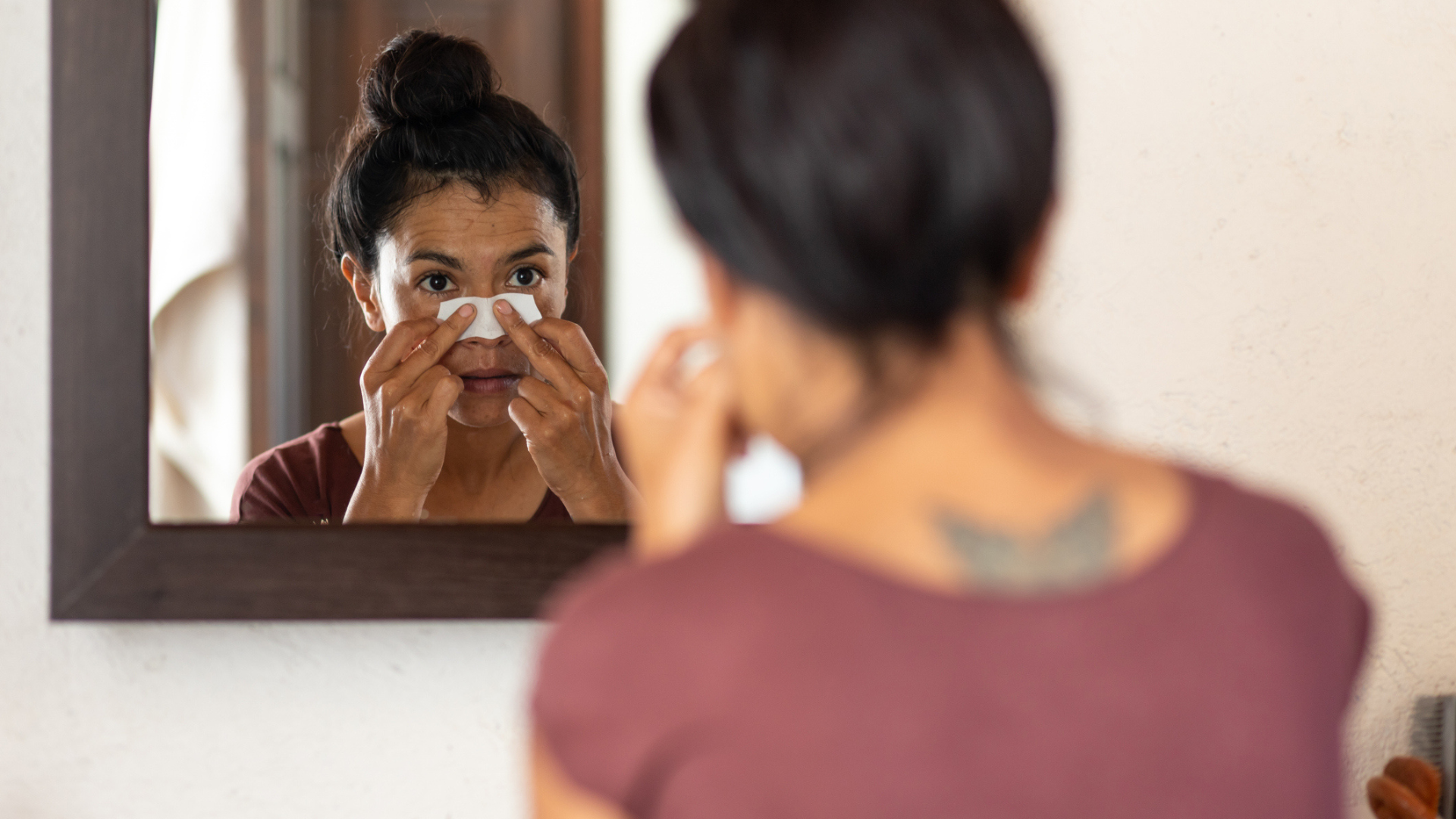
Is drooling in your sleep bad?
For most of us, finding a pool of saliva when you wake up isn’t something to worry about - but it could have a knock-on effect on how much sleep you’re getting or even how dehydrated you feel when you wake up.
“In less severe cases drooling can impact someone’s general sleep and psychosocial well-being - drooling can cause embarrassment in situations when sleeping with others. It can also cause someone to wake up frequently during the night or cause dryness around the lips and mouth,” explains Zwarensteyn.
In very rare cases drooling can have some more serious health complications, adds Dr Patel: “Excess saliva can be aspirated into your lungs, putting you at risk of pneumonia. While it could also bring on angular cheilitis, a skin condition that causes painful sores at the corners of the mouth.”

Sarah is a freelance writer who has been published across titles including Woman & Home, The Independent, and the BBC. Sarah covers a variety of subjects, including health and wellness. For Tom's Guide Sarah often writes about sleep health and hygiene, and interviews leading sleep experts about common issues such as insomnia and sleep deprivation.
